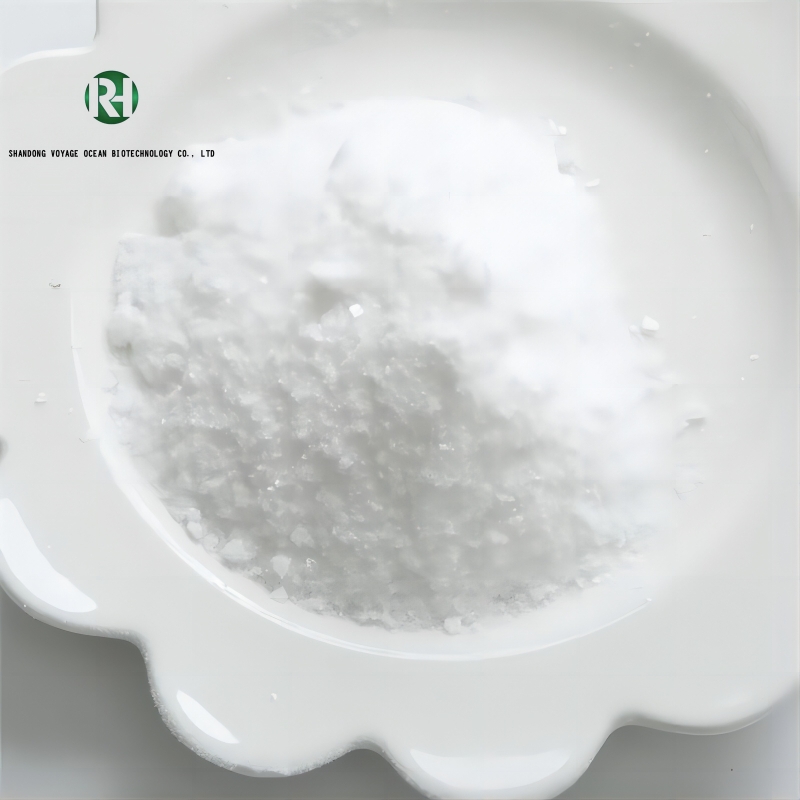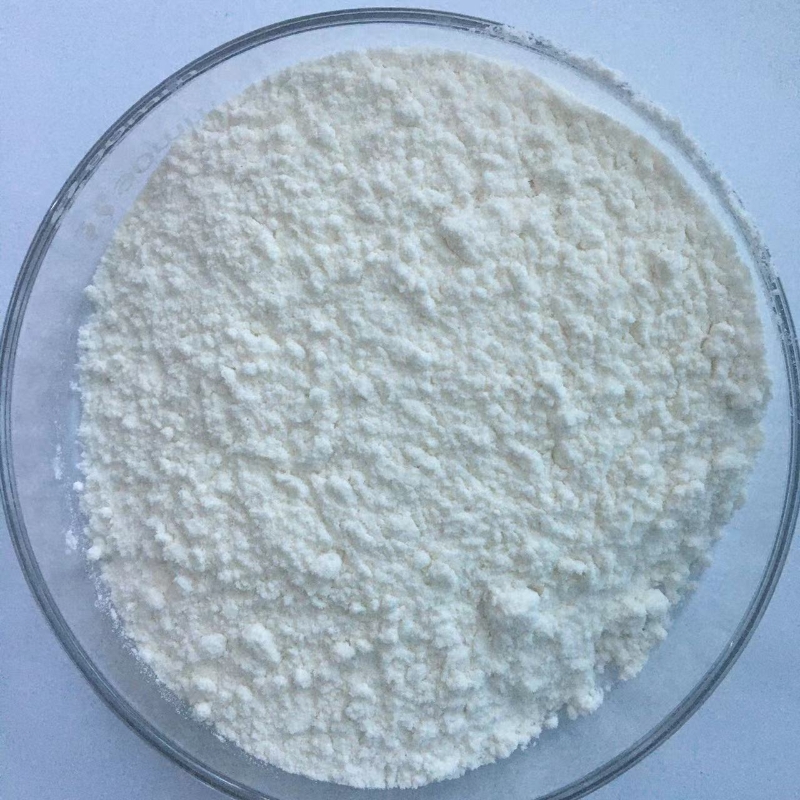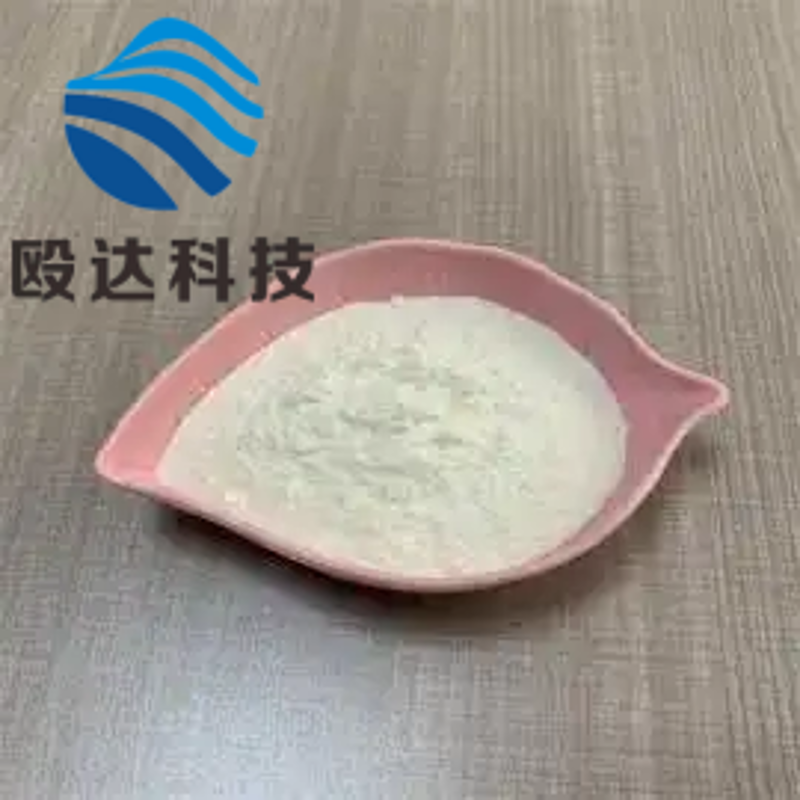Is the Pentagon targeting Chinese api companies? Exporting APIs will no longer be outside the trade frictions between China and the United States
-
Last Update: 2019-08-08
-
Source: Internet
-
Author: User
Search more information of high quality chemicals, good prices and reliable suppliers, visit
www.echemi.com
The trade frictions between China and the United States continue to escalate, but in the trade confrontation of multiple rounds of tariff increases, Chinese pharmaceutical enterprises have never been on the list of tariff increases On August 2, trump tweeted that the US side said it would impose a 10% tariff on US $300 billion of Chinese imports on September 1 However, according to the list issued by the United States trade representative's Office (USTR) to impose a 25% tariff on China's $300 billion goods exported to the United States, China's pharmaceutical products are not included in the list Recently, with the trade friction between China and the United States escalating again, and the FDA's request to recall a large number of drugs based on valsartan produced by Zhejiang Huahai, the status of China's pharmaceutical industry as a "haven" of trade friction may be broken The defense health agency, on behalf of Christopher priest, told the China US advisory group in Washington last week that as China's market share in the global API market continues to increase, the U.S is facing growing defense security risks, and related issues cannot be ignored, Bloomberg reported Christopher principal also revealed that the National Security Council is investigating Chinese pharmaceutical companies and trying to find the most risky drugs, but he did not give more details about the investigation The National Security Council declined to comment In particular, he said that according to the Trade Agreements Act of 1979, the U.S defense and health administration should have purchased drugs from the United States and approved countries, while China was not among the approved countries At the same time, the U.S defense and health administration has formed a list of purchased drugs exempt from this rule, including 150 drugs But because trade agreements regulate drugs and do not regulate drug ingredients, China mainly exports APIs to the United States, which means that China's APIs have become a "fish in the water" of trade agreements According to Bloomberg analysis, many drugs taken by US military and ordinary people contain APIs produced by Chinese pharmaceutical companies, but pharmaceutical manufacturers usually do not disclose the countries where APIs are produced The recent "Huahai valsartan incident" undoubtedly proves that such regulatory loopholes pose a great threat to the drug safety of the United States Larry Wortzel, a veteran of the U.S - China Commission, said his four antihypertensive drugs were all recalled within three months All four drugs contain valsartan, which is produced in India and the API is from China Patrick Mackin, a spokesman for the defense logistics agency, which manages the supply chain system for the U.S military, including ensuring drug access to military treatment facilities, said that while valsartan purchased by the defense logistics agency was later recalled, it was in line with the trade agreements Act), according to the FDA, there is a shortage of valsartan, and the DLA requested a TAA exemption for valsartan on July 15 A Bloomberg survey this year showed that U.S health officials are increasingly concerned about safety and efficacy data from generic companies, including Zhejiang Huahai and other companies involved in valsartan recalls 01 There is no doubt about the continuous fermentation of valsartan incident The query of Chinese api enterprises originated from the recall of valsartan of Huahai Pharmaceutical Co., Ltd along with the recent storm caused by tariff increase and devaluation of RMB exchange rate, the query of Chinese api safety and quality has been put on the official agenda of the United States again In fact, Chinese pharmaceutical companies have successfully avoided several rounds of "trade war" to impose tariffs At the beginning of trade frictions between China and the United States last year, China's export of pharmaceutical products to the United States almost became the core target of tariff increase Previously, according to Bloomberg, in April 2018, trump government proposed to include China's fine chemicals, APIs and preparations export enterprise products, as well as medical devices, including pacemakers and artificial joints, in the list of tariffs Zhejiang medicine successfully excluded its export products from the list of US $34 billion goods with a 25% tariff increase, according to Zhejiang business magazine On May 8, 2019, the United States trade representative's Office (USTR) issued a statement again that it required to impose 25% tariff on the list of 200 billion US dollar Chinese goods exported to the United States, which includes 5745 goods, mainly involving consumer goods, but the goods in the list do not involve medical devices, drugs and other pharmaceutical related products However, with the escalation of Sino-U.S trade frictions and the continuous fermentation of valsartan recall in Huahai, the focus of the U.S government on Chinese pharmaceutical enterprises has shifted from tariff promotion to safety and quality review With the possibility of a new round of tariffs on Chinese goods, the National Security Council is studying China's drug production and trying to identify the most risky drugs, according to the stars & stripes However, from the perspective of EMA, another key participant in valsartan drug recall, "Huahai incident" can not be regarded as an event affecting the export of Chinese APIs and generic drugs MEB is the chairman of prac-ema in the EU regulatory network It has a high voice in post marketing risk regulation of European drugs EMA is the first to find the carcinogen problem in valsartan Ton De, chairman of the Dutch drug review board Boer previously said in an interview with e-drug manager that the Valsartan incident in Huahai was only a "case" rather than a general problem, which was not a problem in quality control of Huahai as a manufacturer In fact, similar problems were detected in the follow-up Indian generic drug manufacturers The "Huahai incident" will not affect the trust of EMA in Chinese exporters, nor will it It will affect the export of China's APIs and generic drugs, so we should not expand the interpretation of "Huahai incident" But in the context of Sino US trade frictions, will the vasartan incident be interpreted by the relevant regulators to become an excuse for strengthening the relevant supervision of Chinese api enterprises? With the continuous turmoil in China US relations, the situation is likely to change 02 In addition to safety and quality concerns, as Chinese api companies play an increasingly important role in the drug supply of the United States, the United States is also concerned that in the context of trade friction between China and the United States, if China's API supply stops, it will cause obstacles to the drug safety of the United States China has become an important supplier of APIs to the United States According to the data of the chamber of Commerce for medical insurance, in 2018, the export volume of China's API products exceeded 30 billion US dollars, reaching 30.048 billion US dollars, a year-on-year increase of 3.2% Among them, China's export of APIs to the North American market reached 856400 tons in 2018, worth US $4.535 billion, up 7.48% year on year, and the average export price was 64% higher than the average export price of all markets China has become the world's largest supplier of APIs, providing key ingredients for global pharmaceutical manufacturers But a year long valsartan recall involving millions of Americans has prompted U.S national security officials to question whether Chinese pharmaceutical companies, which play an increasingly important role in the U.S pharmaceutical supply chain, pose a threat to the health of U.S citizens "If China stops supplying APIs, our hospitals may be forced to shut down, so this is of great urgency." A staff member of an American hospital told Bloomberg In an interview with Bloomberg, American pharmaceutical companies should rely on the purchasing power of the entire federal government to ensure that they can maintain the normal production of drugs without China providing APIs The house energy and Commerce Committee) is investigating the regulatory capacity of FDA to foreign pharmaceutical companies, and the relevant directors of the Committee have asked FDA to provide more information about valsartan recall in June, including conflicts between senior FDA officials and agency inspectors who raised objections to Zhejiang Huahai production more than one year before detection of valsartan carcinogens The committee also asked the U.S Government Accountability Office to investigate FDA's regulatory capacity for foreign pharmaceutical companies.
This article is an English version of an article which is originally in the Chinese language on echemi.com and is provided for information purposes only.
This website makes no representation or warranty of any kind, either expressed or implied, as to the accuracy, completeness ownership or reliability of
the article or any translations thereof. If you have any concerns or complaints relating to the article, please send an email, providing a detailed
description of the concern or complaint, to
service@echemi.com. A staff member will contact you within 5 working days. Once verified, infringing content
will be removed immediately.







